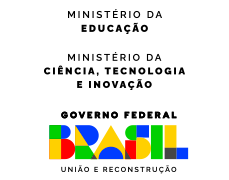History of IMPA walks alongside mathematics in Brazil
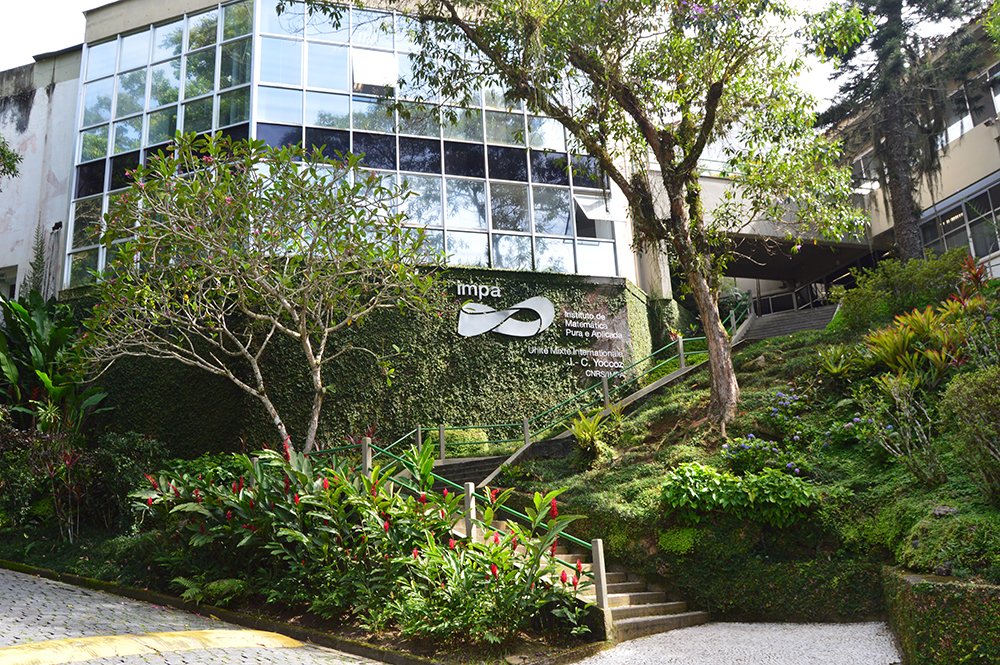
Founded on Oct, 15, 1952, IMPA (Institute for Pure and Aplied Mathematics) was the first research unit related to Brazilian federal foster agency Conselho Nacional de Pesquisas. It is currently one of the most respected institutions in Brazilian Science and an international prestigious center for Mathematical research.
At the basis of its success lies the fact that IMPA has always valued the excellence of its scientific corps, post-Doc researchers and students, all of whom are selected by the most rigorous criteria. Besides, IMPA has always been open to new initiatives and partnerships towards the advancement of Mathematics in Brazil and Latin America.
Since its early days, IMPA has had as its primary mission encouraging scientific research, developing young researchers and disseminating and improving mathematical culture in Brazil. All of these interconnected activities aim at promoting mathematical knowledge, paramount for developing Sciences and technologies in general for the country’s economic and social progress.
At the time it was founded, IMPA did not have a headquarters of its own. It was temporarily hosted in a room at the Brazilian Center for Research in Physics, CBPF (created three years before), in Rio de Janeiro.
Its scientific corps was also limited to three researchers, all of whom extremely qualified: besides its director, astronomer Lélio Gama, who was also in charge of the National Observatory, the institute relied on the young mathematicians Leopoldo Nachbin and Maurício Peixoto.
Gama’s performance at IMPA, with his experience and wisdom, played a crucial role in the creation and consolidation of the then new-born institute. Nachbin and Peixoto would later be the first two Brazilians invited to give lectures at the International Congress of Mathematicians, a major distinction in a researcher’s career.
IMPA’s academic prestige grew from 1957 on after it organized the 1st Brazilian Mathematics Colloquium, with about 50 attendees. The Colloquium has been happening ever since and much of Brazilian Mathematics has been built around it. Still in 1957, IMPA moved to São Clemente Street, in Botafogo.
In 1962, the first Masters and PhD courses in Mathematics began through an agreement with the Federal University of Rio de Janeiro, which officially issued the titles of Master and Doctor. In 1967, IMPA moved again to a historic building on Luiz de Camões Street, which currently hosts Helio Oiticica Cultural Center.
The following year, with the National Bank of Economic Development’s and Finep’s support, besides that of CNPq, IMPA increased its team of researchers adding Brazilian mathematicians from abroad or about to graduate from their PhDs in the best international universities.
Also in 1968 Lindolpho Carvalho Dias became the diretor. He would lead the consolidation and growth of the institute for 22 years, having as a highlight the construction of IMPA’s own headquarters, in Jardim Botânico, in 1981.
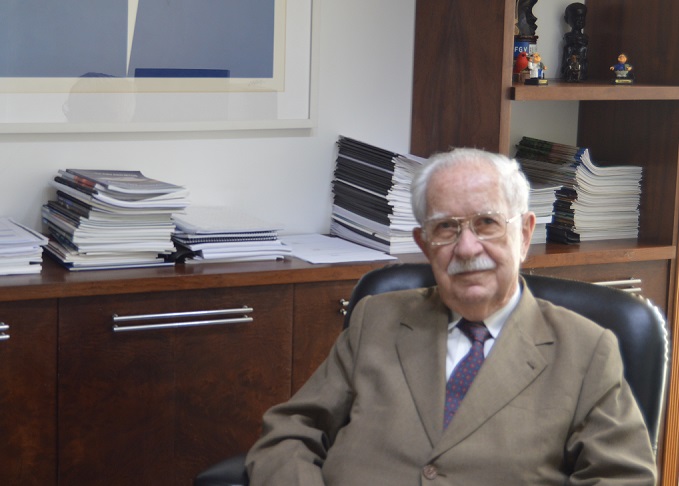
Lindolpho Carvalho Dias
Growth and overture to Education
In the 1970s, institutional changes at CNPq allowed IMPA to have a qualitative growth and to amplify its activities, creating a permanent body of researchers. Prior to that, IMPA’s researchers had been financed by fellowships or had positions in other institutions.
Therefore new areas of research were created, such as algebraic geometry, differential geometry, probabilities, statistics, operational research, optimization and mathematical economy. Previously, its had been concentrated in dynamical systems, analysis and differential topology. Later the fields of partial differential equations, fluid dynamics, graphic computers, and more recently simpletic geometry and discrete mathematics were added.
In 1971, IMPA became the first Mathematical institution authorized to grant masters and PhD’s degrees, which allowed its programs to operate on a regular basis. Ever since IMPA’s Postgraduate programs have always earned the top grade in CAPES’ evaluation.
A hallmark in IMPA’s history was the new headquarters in Horto, open in 1981 with the International Simposium on Dynamical Systems.
On two occasions in his term, Carvalho Dias was replaced as director by Elon Lages Lima, who would later also be elected as director for the 1989-1993 term. Lima used his enormous academic prestige at the service of Education: the Program to Perfect High School Teachers (Papmem in Portuguese), which he created in 1990, opened a new and important institutional front.
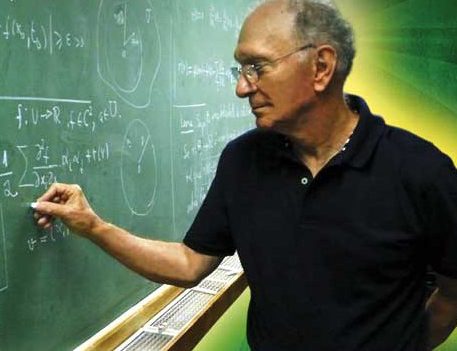
Elon Lages Lima
Globalization
Jacob Palis was elected in 1993 and would stay in office for 10 years. It was a period of notable growth of IMPA’s international prestige. IMPA hosted IMU (International Mathematical Union) from 1991 to 1998, when Palis was its secretary-general. In 1994, an MCT commission responsible for evaluating institutes stated that “IMPA’s excellence makes of it a model of what should be a national institute of basic research and it must be granted the conditions to preserve such excellence”.
In 1995, IMPA hosted the international meeting in which was created the Latin American and the Caribbean’s Mathematical Union. Many years later, in 2011, the institute would host again the creation of another international mathematical organization: the Mathematical Council of the Americas.
Another landmark of Palis’s tenure was IMPA’s change of nature to an independent Social Organization, no longer belonging to the Ministry of Science and Technology (MCT), in 2000. The new work model allowed IMPA administrative flexibility as well as more visibility and transparency in its activities.

Jacob Palis
Social work
IMPA’s globalization trend spiked in César Camacho’s tenure, from 2004 to 2015, which was also marked by a substantial renewal of the academic body, with many young researchers hired. In 2005, the Brazilian Mathematical Olympiad of Public Schools (OBMEP) was created in co-operation with the Brazilian Mathematical Society (SBM). With 18 million participants every year from all over the country, it has been since an unprecedented experience with enormous social impact that underlines undoubtedly IMPA’s commitment with the dissemination of mathematical knowledge.
OBMEP is held annually in collaboration with SBM with the support of the Ministries of Education and Science and Technology, Inovations and Communications, involving almost every public school student from 6th to the 12th grade. From 2017 on, it has been also available to all Brazilian schools, both public and private.
In 2004 IMPA signed an agreement with Centre National de la Recherche Scientifique (CNRS), the main French scientific foster agency, and the institute has been since then qualified as a CNRS International Common Unit (UMI in French). This category allows some of the best French mathematicians to come for long-term stays at IMPA with no cost for the institute.
This contract with CNRS has been renewed every four years. In 2016, the Rio de Janeiro UMI was named after Jean-Christophe Yoccoz, honoring the mathematician who won the Fields Medal in 1994, an emeritus professor and a close IMPA friend.
In 2011, IMPA became part of a network of institutions from all over the country that promote the Professional Masters in Mathematics (Profmat in Portuguese), a postgraduate program for practitioners aimed at basic education mathematics teachers, co-ordinated by the Brazilian Mathematical Society and supported by IMPA.
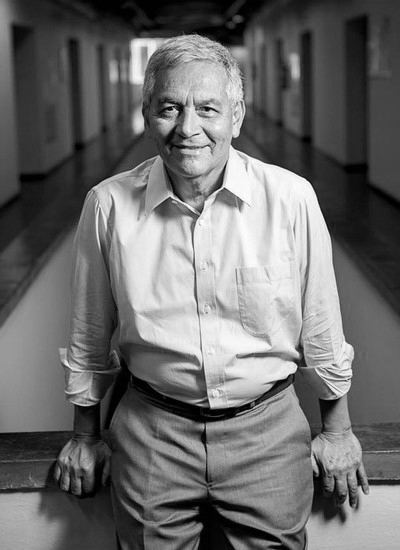
César Camacho
International Prominence
In 2014, Artur Avila, a researcher and an IMPA PhD graduate, was awarded the Fields Medal, the most prestigious distinction in World’s mathematics.
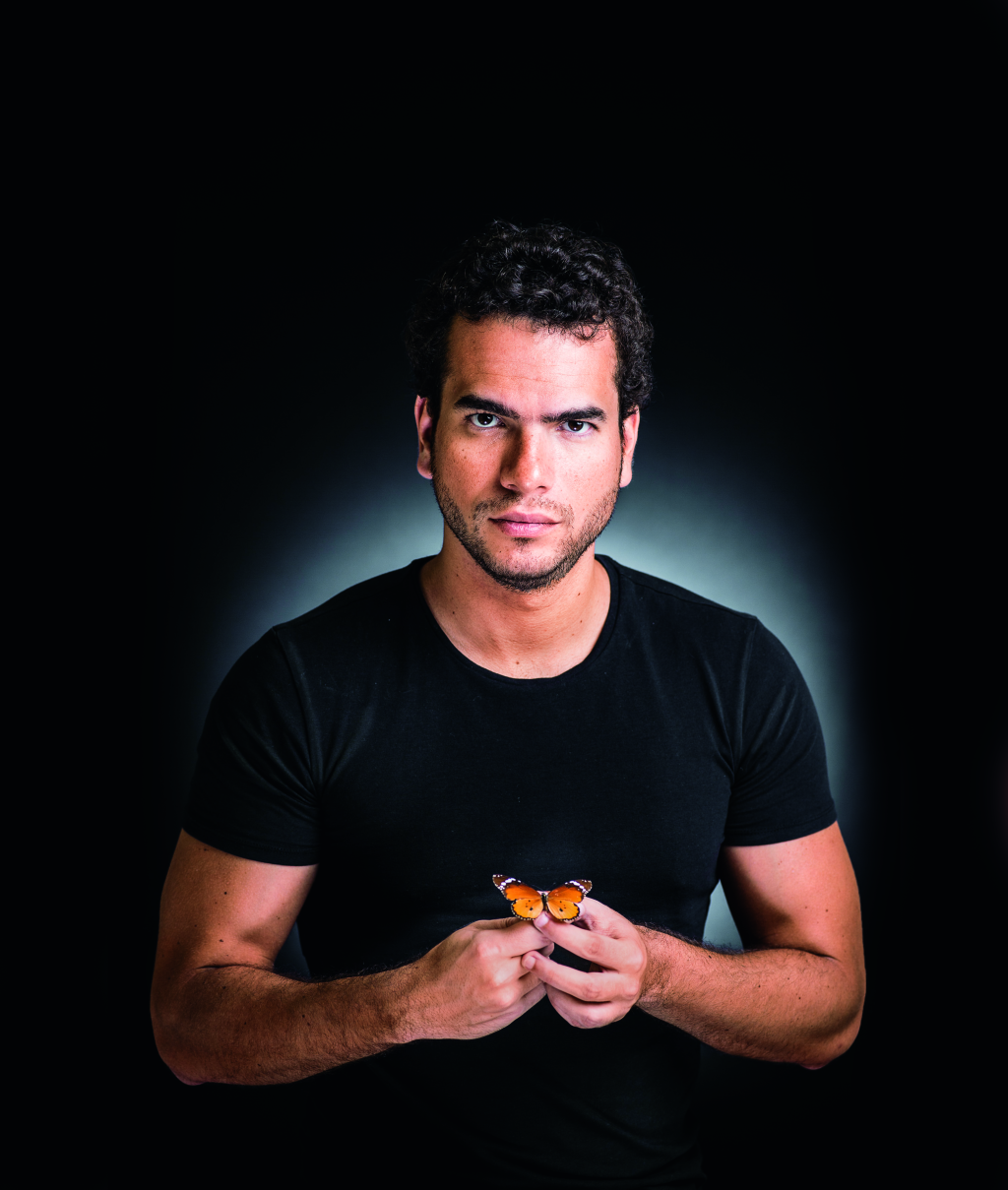
Artur Avila
That same year, IMPA was honored with the right to host two major events in the global mathematical calendar: the International Mathematical Olympiad 2017 and the International Congress of Mathematicians (ICM) 2018, both in Rio de Janeiro.
At the end of 2015, Marcelo Viana took the office as IMPA’s diretor, the first one who is also an IMPA PhD graduate.
In 2016, after an IMPA initiative, the National Congress passed the Mathematics Biennium Bill, which dedicates 2017 and 2018 to mathematics, after the international events to take place in Brazil.
Besides organizing both events, the Mathematics Biennium represents a huge effort by IMPA to make Mathematics closer to the Brazilian society, through initiatives such as the Math Festival, in 2017.
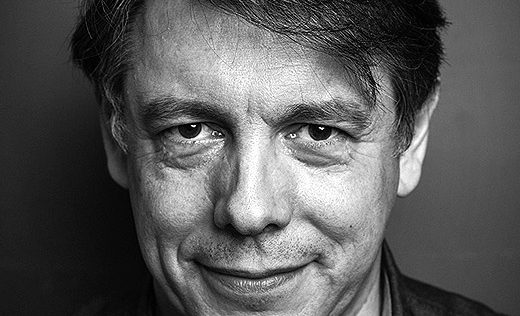
In 2018, IMPA and SBM has led Brazil’s successful candidateship to make part of the International Mathematical Union’s elite group (Group 5) along with the ten most advanced nations in the area.
That same year the cornerstone of the new IMPA campus was set in an area donated in 2014 by private sponsors which is sided by IMPA’s current campus in Jardim Botânico. The new campus will allow a substantial expansion of IMPA’s activities and its ability to help Science and Education in Brazil.
